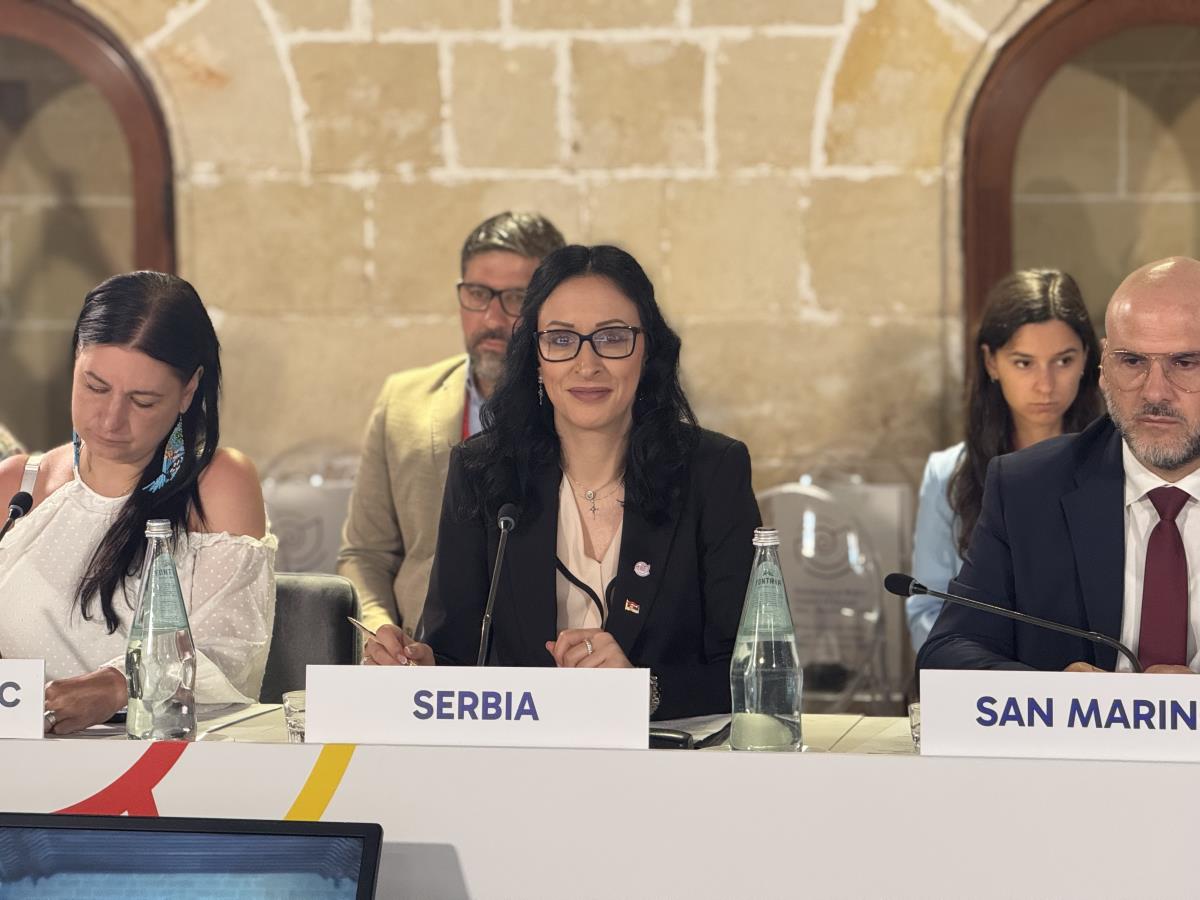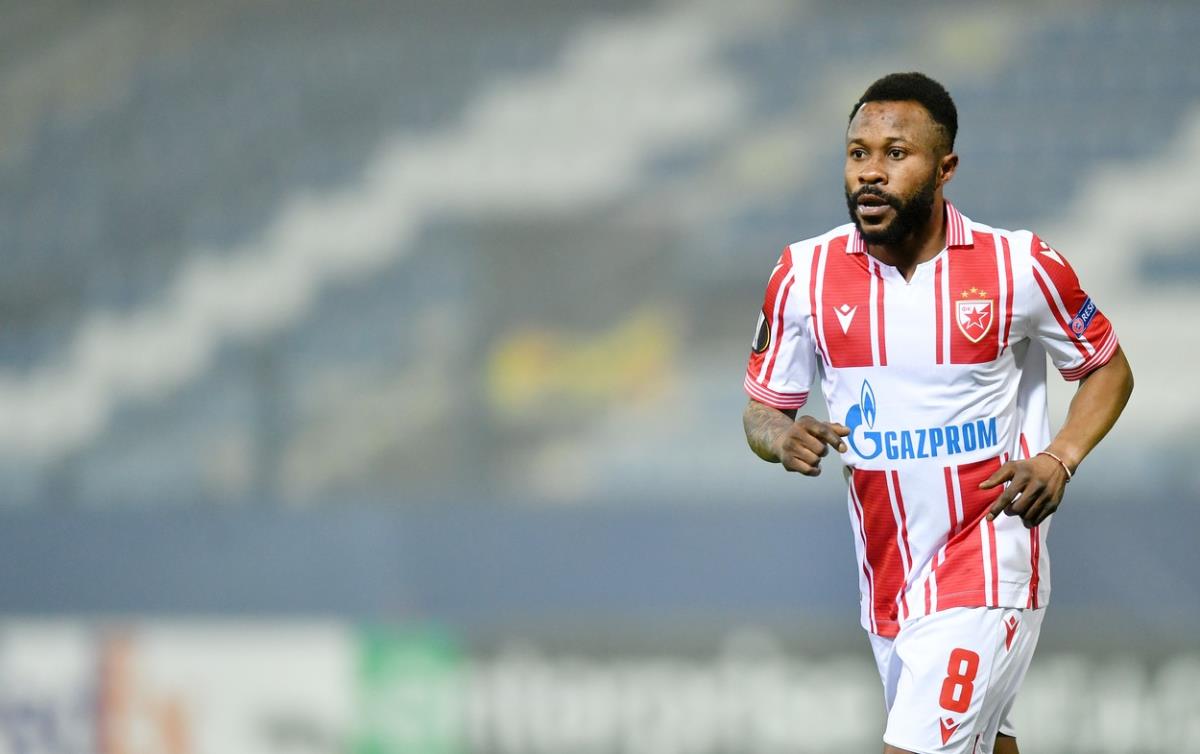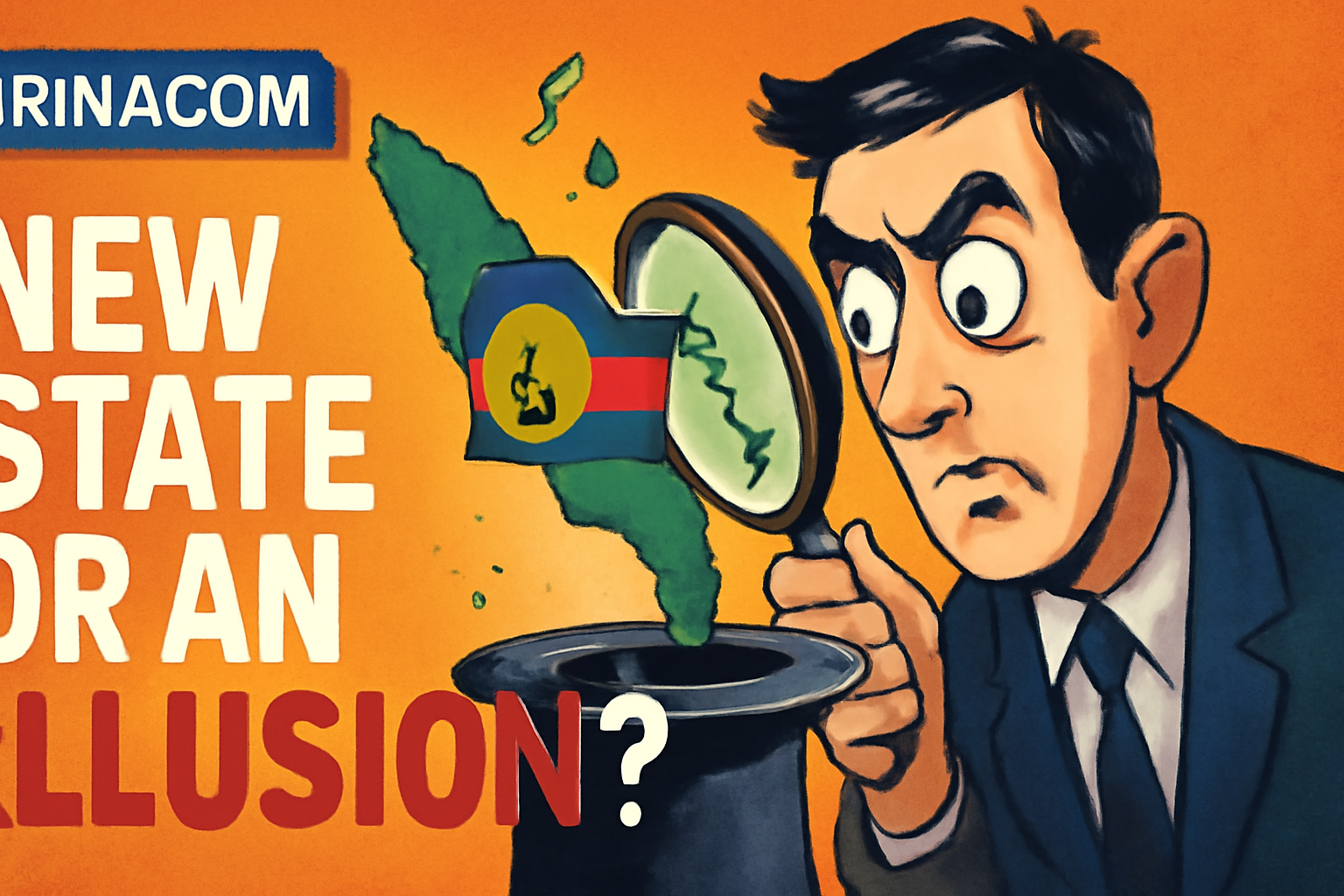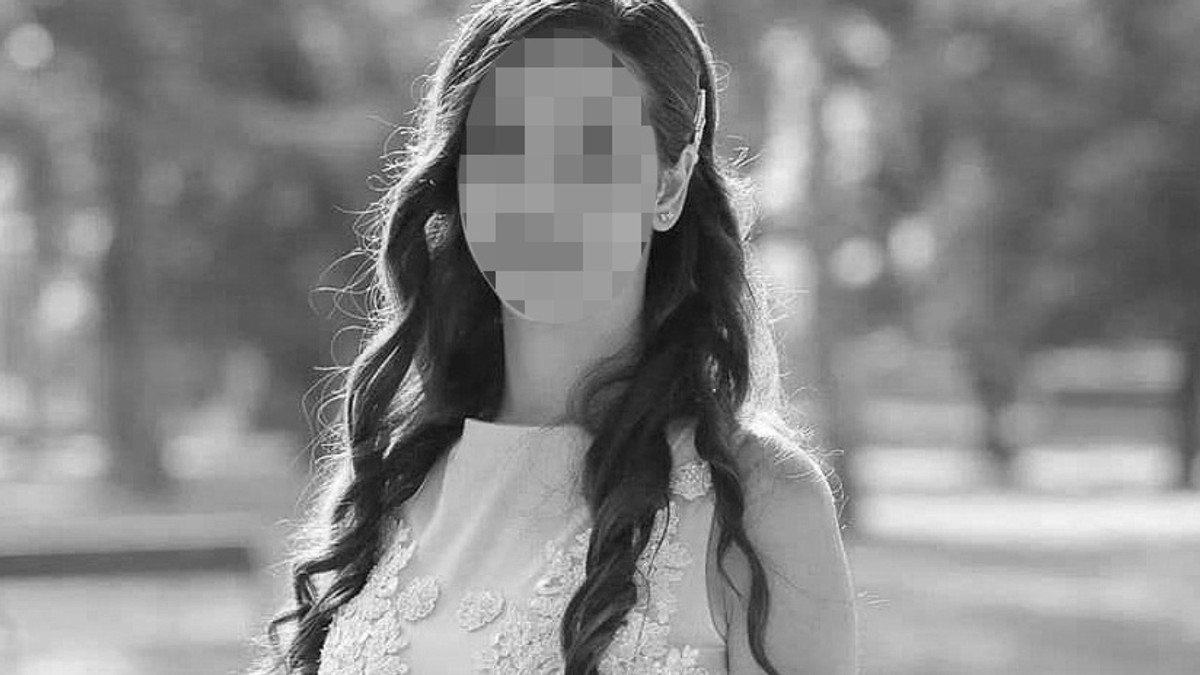Serbia and the Fight Against Child Sexual Abuse: Heroic Efforts or Empty Words?
15 Years of the Lanzarote Convention: Serbia on Trial
Is Serbia truly committed to protecting children from sexual abuse, or is it just putting on a show? At a conference marking 15 years since the adoption of the Council of Europe’s Lanzarote Convention, Jelena Žarić Kovačević claimed that Serbia is “extremely dedicated” to child protection. Serbia ratified this convention back in 2013, supposedly laying the foundation for improving its protection system. But is that enough?
Recommendations and Protocols: All on Paper, But What About Practice?
The Lanzarote Committee gave Serbia recommendations to improve legislation and practice. Most recommendations have been implemented, they say, while work on the rest is ongoing. The government adopted a general protocol for protecting children from abuse and neglect in 2014, and a new, improved protocol was adopted in February 2023. Sounds great, but how many children are actually protected? How many cases of abuse have been uncovered and resolved?
The Digital World: A New Playground for Abusers
Modern technologies bring new dangers. Artificial intelligence and the internet have become tools for manipulation and exploitation of children. Serbia has joined international projects like Cyber See and developed national tools to prevent digital violence. Police officers and prosecutors have been trained, and there is a national online platform “Čuvam te” for urgent reporting of violence. But is this enough to stop the wave of abuse in the digital age?
Cooperation and the Future: Can Serbia Do Better?
Serbia cooperates with Interpol and Europol, but Žarić Kovačević warns that no success should be considered final as long as there is even one vulnerable child. A joint declaration at the conference reaffirms the commitment to fight sexual exploitation of children. But will this be just another set of nice words or real change?
Conclusion: Heroic Efforts or Just a Show?
Serbia boasts about its protocols and international engagement, but the real fight happens on the ground—in schools, families, and online. As reports of abuse continue to rise, the question remains— is the state truly ready to protect the most vulnerable, or is this all just a public relations act?
If you have your own thoughts or have seen things the state doesn’t want to admit, feel free to drop a comment. Let’s hear from those who refuse to stay silent!






















